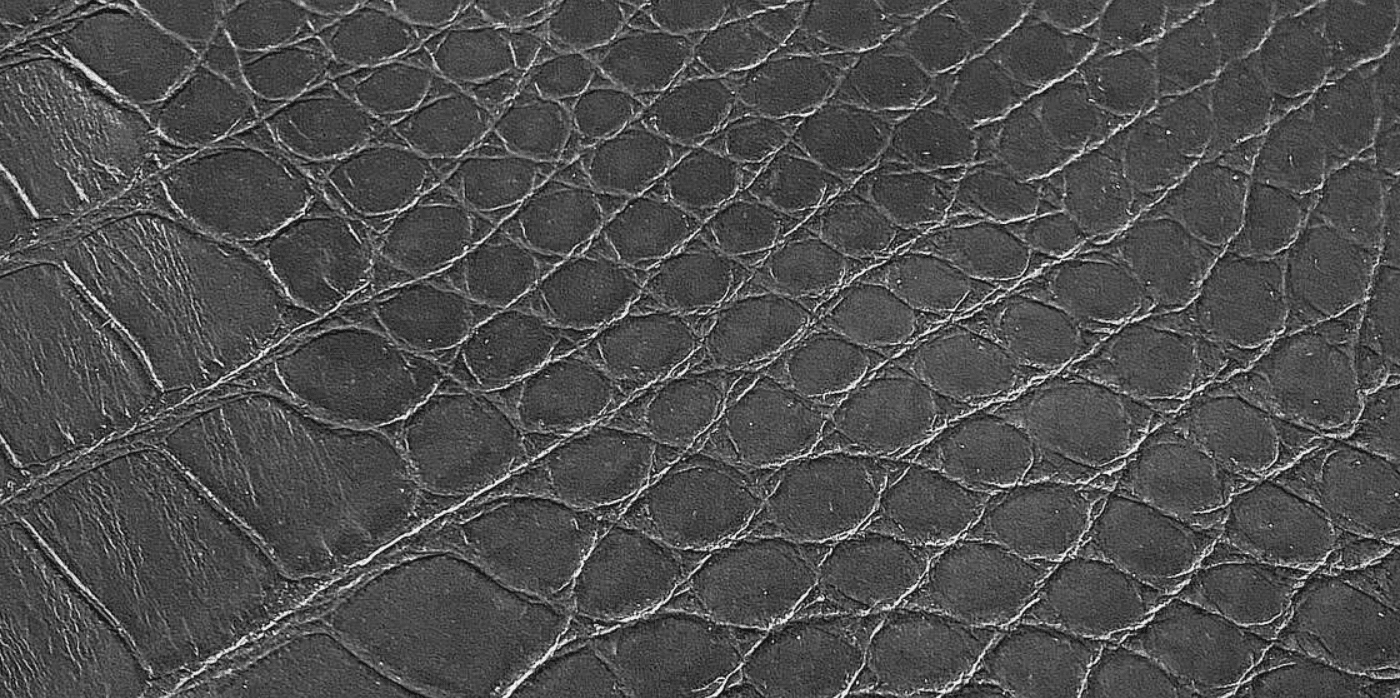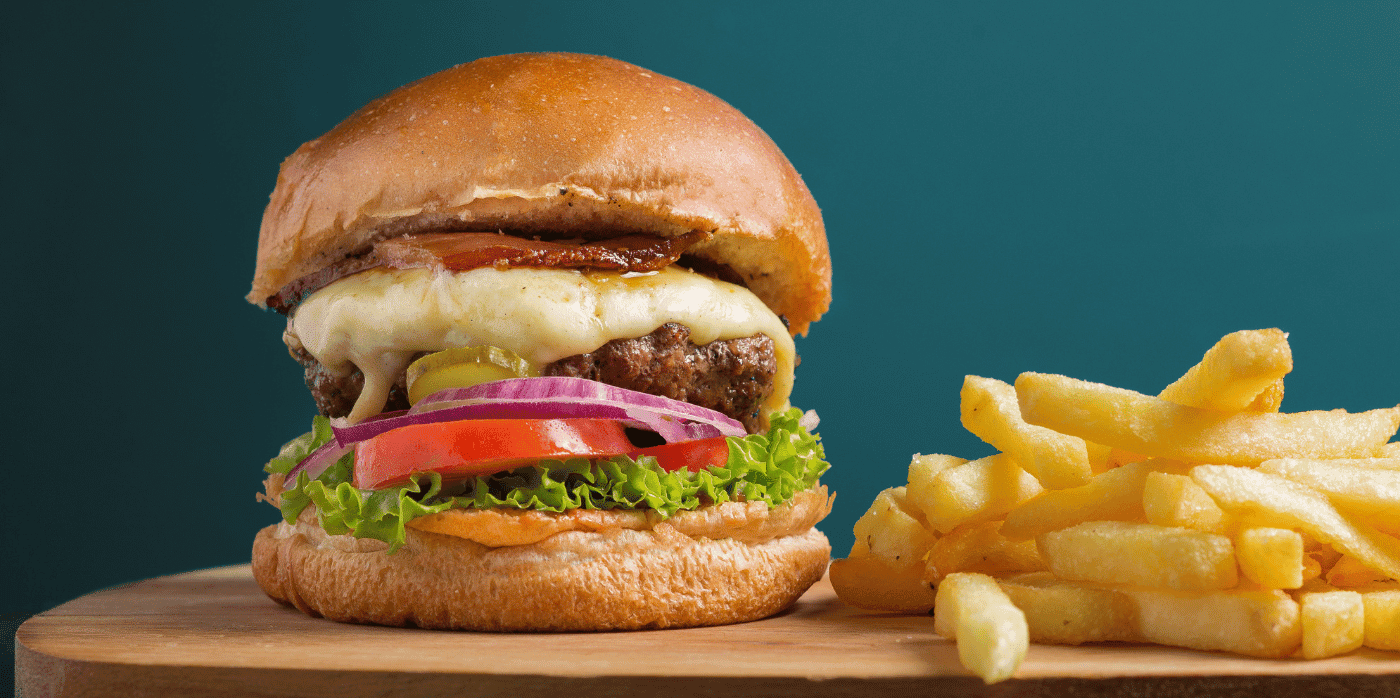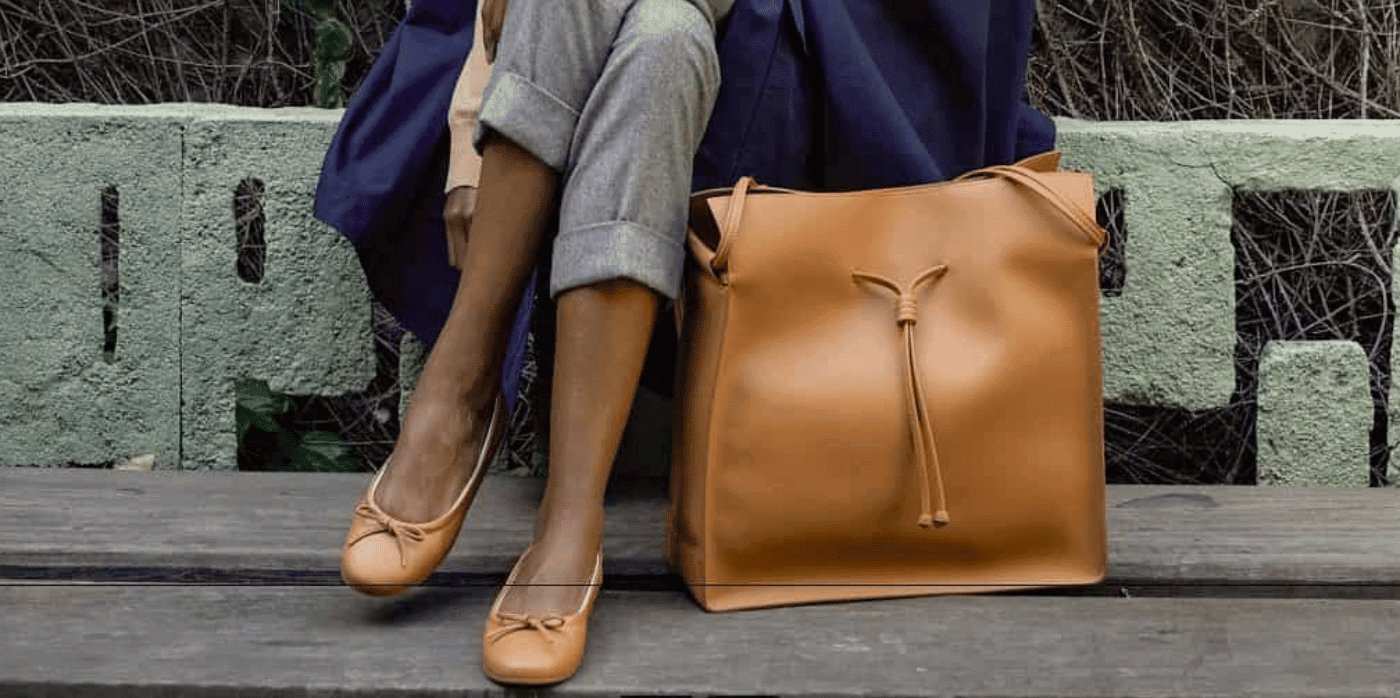Plant-based and plastic-free: the future of alt leather

Spotted: Leather is one of the most energy-inefficient and destructive textiles. In addition to animal wealfare concerns, leather production involves large amounts of energy, land, and water, alongside the use of harmful chemicals – leading to deforestation and pollution. One way to reduce the environmental impact of the textile industry is to introduce more circularity into the production process. And this is exactly what startup ALT.Leather has done.
Unlike some other alternative leathers, bio-based ALT.Leather is not made from fossil fuel-based materials like PVC. Instead, the company used agricultural waste to develop a unique fibre with a structure that mimics the 3D webbing of animal leather, which helps to make the final product durable and strong.
The company’s founder, Tina Funder, told Springwise: “Our product contains zero petroleum plastic, zero animal products and is ethically made.” The Australian company also uses 100 per cent Australian ingredients, reducing emissions from transportation.
ALT.Leather recently closed an oversubscribed seed funding round, raising AU$1.1 million (around €667,000), exceeding the initial target of AU$750,000 (around €455,000). The round was led by investment firm Wollemi Capital Group.
Springwise is spotting more and more innovators making use of bio-based materials and textiles. These include a bio-based approach to leather recycling and textiles made from pineapple waste.
Written By: Lisa Magloff





